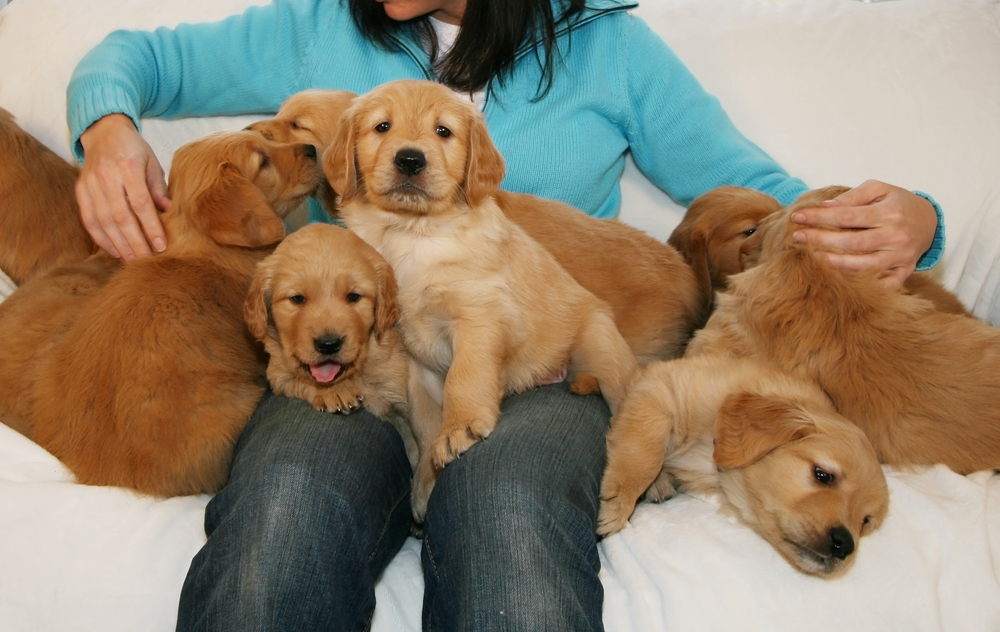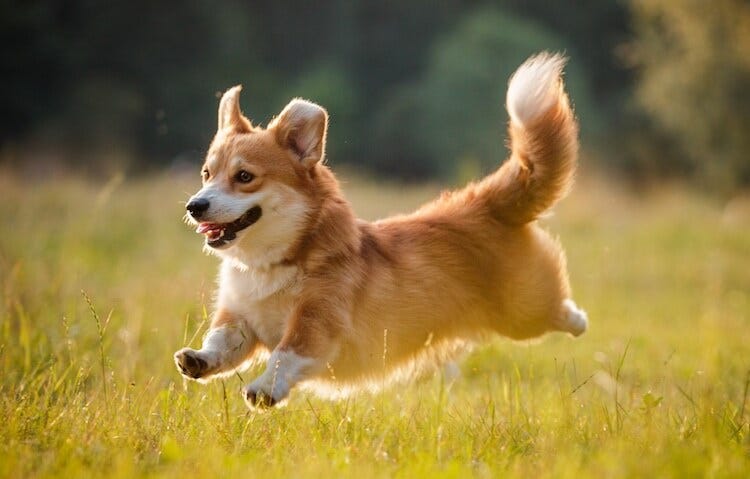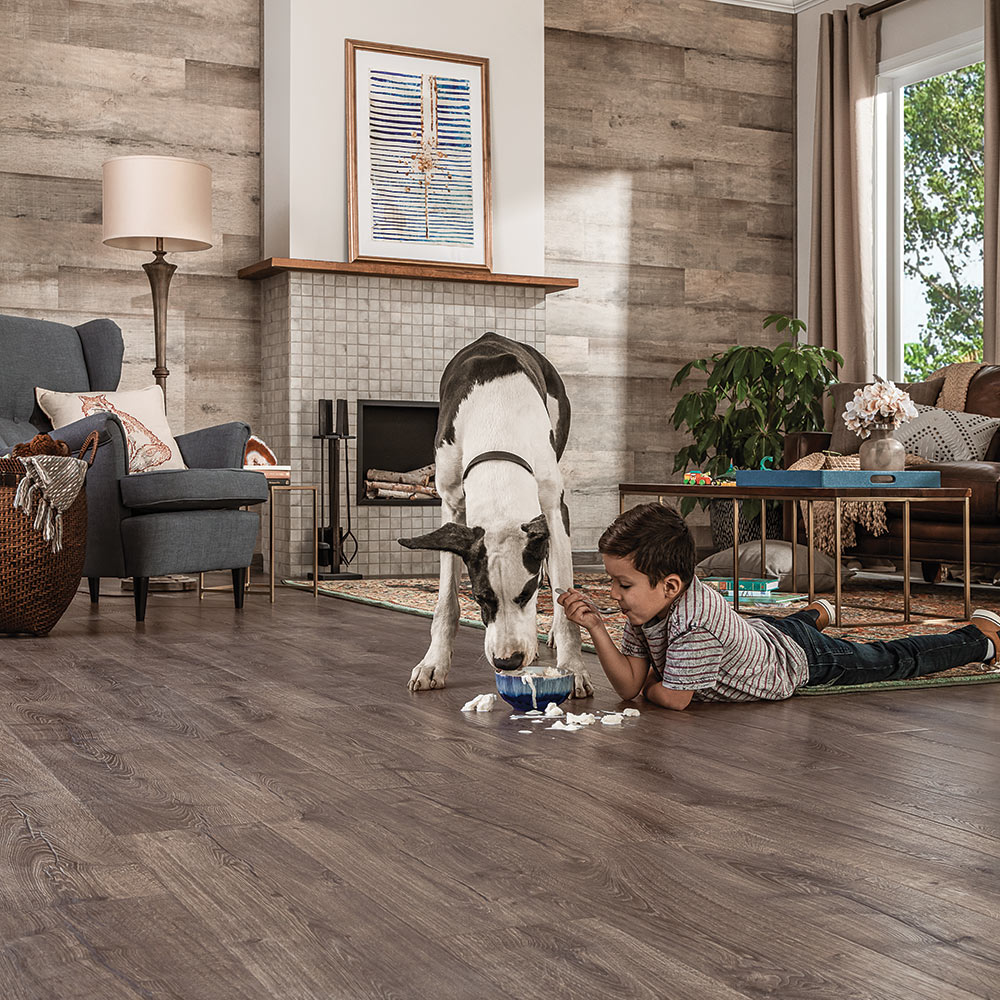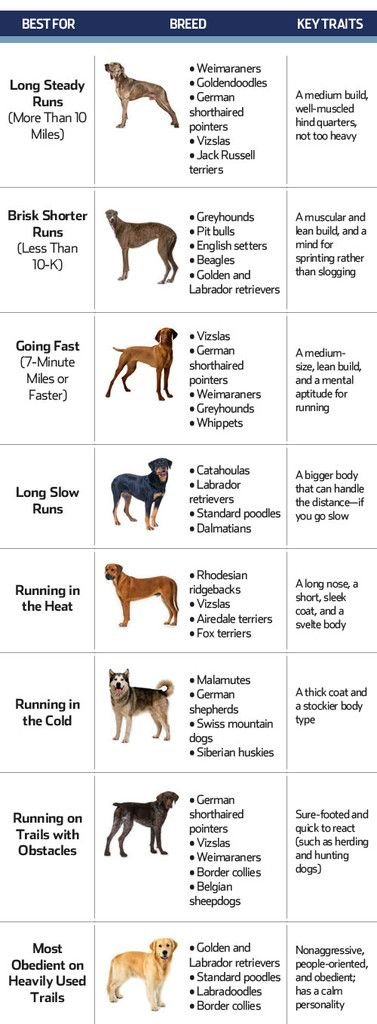To choose the best small dog for your lifestyle, consider factors such as your available time, energy level, and living situation. Keep in mind that even small dogs require proper training and socialization.
For an active person who enjoys running or hiking, a high-energy breed like a Border Collie or Siberian Husky may be a good fit. On the other hand, if you prefer a more laid-back lifestyle, a low-energy breed like a Bulldog, Basset Hound, or Greyhound would be more suitable.
Remember to also take into account the size of your living space and the grooming needs of the breed you are considering. By considering these factors, you can find the perfect small dog that matches your lifestyle.
Factors To Consider When Choosing A Small Dog
Choosing the best small dog for your lifestyle involves considering factors such as the dog’s size, energy level, grooming needs, temperament, and trainability. If you live in a small apartment and have limited time for exercise, a small or low-energy breed like a pug or bulldog may be a suitable choice.
When it comes to choosing the best small dog for your lifestyle, there are several factors that you should take into consideration. These factors include the size of the dog, its energy level, grooming needs, temperament, and trainability. By considering these key aspects, you can ensure that you find a small dog breed that suits your lifestyle and meets your specific needs.
Size
The size of a small dog is an important factor to consider. Some small dog breeds are extremely small, weighing only a few pounds, while others may be slightly larger. Think about your living situation and how much space you have available for a dog. If you live in a small apartment or have limited indoor space, a smaller breed like a Chihuahua or a Yorkshire Terrier might be a better choice. However, if you have a larger living space or a yard, you may have more flexibility in choosing a slightly larger small breed such as a Beagle or a Cocker Spaniel.
Energy Level
Consider the energy level of the small dog breed you are interested in. Some small dog breeds are highly energetic and require a significant amount of exercise and mental stimulation to thrive. If you are an active person who enjoys outdoor activities and can provide a high level of physical activity, a small dog with an energetic personality like a Jack Russell Terrier or a Dalmatian might be a good match. On the other hand, if you prefer a more laid-back lifestyle and are looking for a small dog that is low-energy and content with shorter walks or indoor play, breeds like a Shih Tzu or a Cavalier King Charles Spaniel may be more suitable.
Grooming Needs
Another important consideration is the grooming needs of the small dog breed you are considering. Some small dogs have long, flowing coats that require regular brushing and grooming to prevent matting and keep their fur looking healthy. Examples of high-maintenance breeds include the Poodle and the Afghan Hound. If you are willing to invest time and effort into grooming, these breeds can be a great choice. However, if you prefer a low-maintenance option, consider breeds with shorter coats like a Boston Terrier or a French Bulldog that require minimal grooming.
Temperament
Temperament is a crucial factor to consider when choosing a small dog. Each breed has its own unique personality traits and characteristics. Some small dogs are known for being friendly, gentle, and good with children, while others may be more reserved or have a tendency to be aggressive. It’s essential to find a small dog breed that matches your temperament and lifestyle. If you have young children or are looking for a companion who loves to interact with people, breeds like a Cavalier King Charles Spaniel or a Bichon Frise can be excellent choices. However, if you prefer a more independent and aloof dog that requires less attention and socialization, breeds like a Basenji or a Chinese Crested might be more suitable.
Trainability
The trainability of a small dog is an important consideration, especially if you are a first-time dog owner or have limited experience with training. Some small dog breeds are highly intelligent and eager to please, making them easier to train. Breeds like a Border Terrier or a Miniature Schnauzer are known for their trainability and ability to learn quickly. However, other small breeds may be more stubborn or independent, requiring consistent training and patience. Examples of breeds that may be more challenging to train include the Dachshund and the Chihuahua. Consider your own training abilities and choose a small dog breed that aligns with your training goals and expectations.
By considering factors such as size, energy level, grooming needs, temperament, and trainability, you can make an informed decision when choosing the best small dog for your lifestyle. Remember to also take into account your own preferences and capabilities to ensure a harmonious and fulfilling relationship with your new furry friend.

Credit: www.petlandtexas.com
Choosing The Right Small Dog Breed For Your Lifestyle
Choosing the right small dog breed for your lifestyle is crucial. Consider factors such as your time availability, energy level, and living situation to ensure a perfect match. Training and socialization are also important, as even small dogs require high-quality training for good behavior.
When it comes to choosing a small dog breed, it’s important to consider your own lifestyle and needs. The right small dog breed for you will depend on factors such as your activity level, living space, and schedule. By taking these factors into consideration, you can find a small dog that will be the perfect fit for you and your lifestyle.
Active Lifestyle
If you lead an active lifestyle and enjoy outdoor activities such as running or hiking, it’s best to choose a small dog breed that can keep up with your energy level. Breeds such as Border Collies and Siberian Huskies are known for their high energy and endurance. These breeds thrive on physical exercise and mental stimulation, making them ideal companions for active individuals.
Laid-back Lifestyle
On the other hand, if you prefer a more laid-back lifestyle and enjoy relaxing at home, there are small dog breeds that are better suited for a slower pace. Low-energy breeds such as Bulldogs, Basset Hounds, and Greyhounds are known for their calm and easygoing nature. These breeds are content with shorter walks and plenty of snuggle time on the couch.
Small Living Space
If you live in a small apartment or have limited living space, it’s important to choose a small dog breed that can adapt well to confined environments. Breeds such as Pugs, French Bulldogs, and Shih Tzus are compact in size and don’t require a large amount of space to thrive. These breeds are well-suited for apartment living as they don’t need extensive exercise or outdoor areas to run around.
Busy Schedule
For those with a busy schedule and limited time for dog care, it’s advisable to choose a small dog breed that doesn’t require intensive grooming or constant attention. Breeds such as Chihuahuas, Pomeranians, and Miniature Schnauzers have lower grooming needs and can be more independent in nature. These breeds are suitable for individuals who need a dog that can adapt to their busy lifestyle and doesn’t demand constant stimulation.
Best Small Dog Breeds To Consider
When choosing the best small dog for your lifestyle, consider factors such as your available time, energy level, and living situation. Remember, even small breeds need proper training and socialization. Some popular small dog breeds to consider are Poodles, Cavalier King Charles Spaniels, and Beagles.
When it comes to choosing the best small dog for your lifestyle, it’s important to consider a breed that aligns with your needs and preferences. Whether you’re looking for a loyal and loving companion, an energetic and active playmate, a low-energy and relaxed friend, or a low-maintenance and easygoing addition to your family, there are small dog breeds that cater to every lifestyle.
Loyal And Loving Breeds
If you seek a small dog that will be your constant companion and shower you with affection, consider the following breeds:
- Chihuahua – These tiny dogs may be small in size, but they have a big heart and are fiercely loyal to their owners.
- Maltese – Known for their gentle nature and friendly disposition, Maltese dogs thrive on love and attention.
- Pomeranian – With their plush coat and bubbly personality, Pomeranians make wonderful loyal companions.
Energetic And Active Breeds
If you lead an active lifestyle and want a small dog that can keep up with your adventures, consider these breeds:
- Jack Russell Terrier – Known for their boundless energy and athleticism, Jack Russell Terriers excel in activities like agility and flyball.
- French Bulldog – Despite their small size, French Bulldogs are known for their playful and lively nature, making them great companions for outdoor activities.
- Dachshund – Don’t be fooled by their short legs; Dachshunds are energetic and love to explore the great outdoors.
Low-energy And Relaxed Breeds
If you prefer a more laid-back and relaxed lifestyle, these low-energy small dog breeds may be a perfect fit:
- Bulldog – Bulldogs are known for their calm and easygoing temperament, making them great companions for those who prefer a more relaxed pace of life.
- Basset Hound – With their long ears and droopy eyes, Basset Hounds are masters of relaxation and enjoy lounging around with their humans.
- Pug – Pugs may have a comical appearance, but they are actually quite low-energy and love nothing more than snuggling up on the couch.
Low-maintenance And Easygoing Breeds
If you’re looking for a small dog that is low-maintenance and easygoing, consider these breeds:
- Cavalier King Charles Spaniel – Known for their sweet and gentle nature, Cavaliers are easy to train and adapt well to various living situations.
- Boston Terrier – Boston Terriers are intelligent and easy to care for, making them an ideal choice for first-time dog owners.
- Pomeranian – Not only are Pomeranians loving, but their thick coat requires minimal grooming, making them a low-maintenance choice.

Credit: medium.com
Tips For Finding The Perfect Small Dog
This SEO-friendly and engaging section of a blog post focuses on the subheading: Tips for Finding the Perfect Small Dog. It provides valuable information for readers seeking guidance on choosing the best small dog for their lifestyle.When it comes to choosing the perfect small dog for your lifestyle, there are a few important factors to consider. From communicating with a breeder to understanding your expectations, taking these steps will help ensure that you find the best companion to fit your needs.
Communication With A Breeder
When looking for a small dog, it is crucial to establish effective communication with the breeder. This will allow you to gather important information about the dog’s health history, temperament, and specific needs. Ask the breeder questions about the puppy’s parents and siblings to get a better understanding of what traits the dog may have. A reputable breeder will be transparent and knowledgeable, providing you with the necessary information to make an informed decision.
Understanding Your Expectations
Before bringing a small dog into your home, it is essential to understand your expectations and lifestyle. Consider factors such as your activity level, the amount of time you can dedicate to exercise, and the dog’s grooming needs. If you lead an active lifestyle and enjoy outdoor activities, a high-energy breed like a Border Collie or Siberian Husky may be a good fit. On the other hand, if you prefer a more laid-back lifestyle, a low-energy breed like a Bulldog or Basset Hound could be more suitable. By aligning your expectations with the dog’s energy level and requirements, you can ensure a harmonious match.
Considering Purebred Or Rescued Dogs
When choosing a small dog, you have the option to select either a purebred or a rescued dog. Purebred dogs often come with predictable traits and characteristics, making it easier to anticipate their behavior. However, rescued dogs can be just as loving and loyal, offering a unique experience and the satisfaction of giving a second chance to a deserving pup. Consider your preferences and research both options to determine which one aligns better with your values and living situation.
Matching The Dog’s Personality
Matching the dog’s personality with your own is crucial for creating a strong bond and ensuring compatibility. Some small dog breeds are known for their sociability and playfulness, while others may be more independent or reserved. Take the time to interact with the dog before making your decision. Observe their behavior, see how they respond to your presence, and consider any specific traits that may be important to you. By focusing on personality traits that align with your own preferences, you can find a small dog that will complement your lifestyle seamlessly.
In conclusion, finding the perfect small dog requires thoughtful consideration. Communicating with a breeder, understanding your expectations, considering your options between purebred and rescued dogs, and matching the dog’s personality are vital steps to ensure a lifelong and fulfilling companionship. By prioritizing these factors and carefully selecting the right small dog, you can enjoy a loving and harmonious relationship with your new furry friend.
Steps To Choose A Small Dog
Choosing the best small dog for your lifestyle depends on factors such as energy level, living situation, and the amount of time you can dedicate to training. It’s essential to select a breed that matches your needs and be willing to provide high-quality training to ensure a well-behaved companion.
Considering The Size And Breed
When choosing a small dog, it’s important to take into account the size and breed that best fits your lifestyle. Think about the space available in your home, whether you live in an apartment or a house, and the activity level of the breed you are considering. Some small breeds, like the energetic Chihuahua or Jack Russell Terrier, require a lot of exercise, while others, like the Cavalier King Charles Spaniel or the Shih Tzu, are more laid-back and can adapt better to a less active lifestyle.
Adopting A Small Dog
Adopting a small dog can be a great option. Many animal shelters and rescue organizations have small dogs available for adoption. By adopting, not only are you providing a loving home for a dog in need, but you may also find a companion that perfectly matches your lifestyle. When adopting, make sure to inquire about the dog’s temperament, exercise needs, and any specific requirements they may have. It’s also important to spend some time with the dog to see if you both connect and if their personality suits your lifestyle.
Finding A Reputable Breeder
If you decide to buy a small dog from a breeder, it’s crucial to find a reputable one. Look for breeders who prioritize the health and well-being of their dogs rather than focusing solely on profit. A reputable breeder will provide you with information about the dog’s lineage, health history, and any genetic tests or certifications performed on the parents. They will also allow you to visit their facilities and meet the puppy and its parents in person. Additionally, ask for references from previous buyers to ensure the breeder has a positive reputation.
Remember, choosing the best small dog for your lifestyle involves considering factors such as size, breed, energy level, and grooming needs. Whether you decide to adopt or buy from a reputable breeder, taking the time to find the right small dog will result in a loyal companion that perfectly fits into your day-to-day life.

Credit: www.homedepot.com
Frequently Asked Questions Of How To Choose The Best Small Dog For Your Lifestyle
How Do I Choose A Small Dog?
To choose a small dog, consider your available time, energy level, and living situation. Find a breed that matches your lifestyle and make sure to provide high-quality training and socialization. Don’t forget that even small dogs need proper training. Consider factors like size, energy level, grooming needs, temperament, and trainability when making your decision.
How Do I Choose The Right Dog For My Lifestyle?
To choose the right dog for your lifestyle, consider their energy level, your living situation, and the time you can dedicate to training them. Active individuals should opt for high-energy breeds like Border Collies or Siberian Huskies. If you prefer a more relaxed lifestyle, consider low-energy breeds like Bulldogs or Greyhounds.
Remember, even small dogs require proper training and socialization.
What Is The Best Small Dog To Own?
The best small dog to own depends on your lifestyle and living situation. Consider how much time you have, the dog’s energy level, and the need for training. Choose a breed that matches your activity level. High-energy breeds like Border Collies or Siberian Huskies are great for active individuals, while low-energy breeds like Bulldogs or Greyhounds are more suitable for laid-back lifestyles.
How Do I Know What Dog Breed Is Best For Me?
To choose the best dog breed for you, consider your lifestyle, living situation, and the amount of time and energy you can devote to a dog. If you’re active and enjoy outdoor activities, a high-energy breed like a Border Collie or Siberian Husky may be a good fit.
For a more relaxed lifestyle, consider low-energy breeds like Bulldogs or Basset Hounds. Remember, even small dogs require proper training and socialization.
Conclusion
Choosing the best small dog for your lifestyle requires careful consideration of factors such as your available time, energy levels, and living situation. Remember, even small breeds require proper training and socialization to prevent behavioral issues. If you lead an active lifestyle and enjoy outdoor activities, high-energy breeds like Border Collies or Siberian Huskies may be a good fit.
On the other hand, if you prefer a more laid-back lifestyle, low-energy breeds such as Bulldogs or Basset Hounds could be the perfect companions. Ultimately, finding the right small dog breed will ensure a harmonious and fulfilling partnership for both you and your furry friend.







